Steph W. from SEOPressor


...help you check your website and tell you exactly how to rank higher?




...help you check your website and tell you exactly how to rank higher?



SUBSCRIBE TO SEOPressor BLOG
Join 50,000+ fellow SEO marketers!
Get SEOPressor latest insights straight to your inbox.
Enter your email address below:
71
score %
SEO Score

Found us from search engine?
We rank high, you can too.
SEOPressor helps you to optimize your on-page SEO for higher & improved search ranking.
By winniewong on June 15, 2015
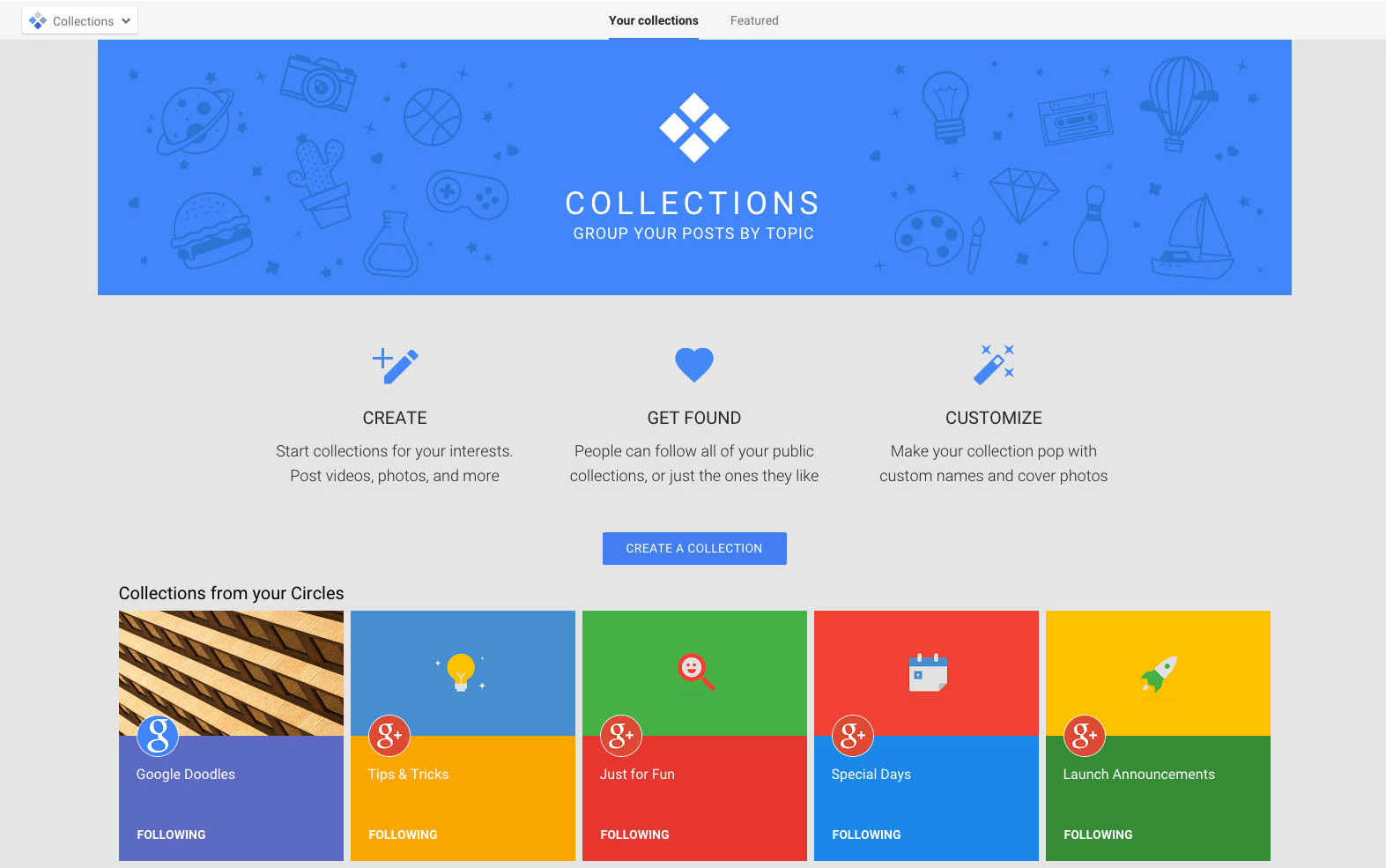
Google+ has been a very underrated social network for years now – at first it was considered something of a joke, an attempt to copy Facebook and get in on the social network game.
However, marketers soon began to realize the huge number of benefits that Google+ provided to its users. For example, the ability to use Google Authorship, which is incredibly useful for getting your content indexed and ranked quickly as well as strengthening your brand identity.
Then there’s the fact that it is run by Google, which runs the biggest search engine in the world. Using Google+ will only be beneficial to your SEO.
And then there’s the fact that there are more than 300 million active monthly users.
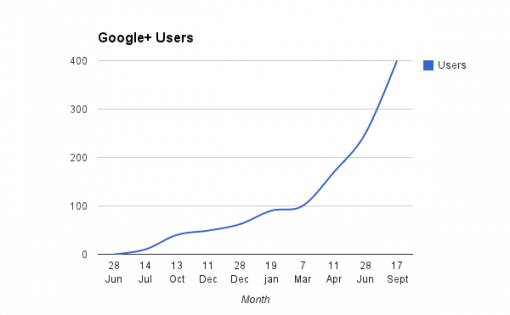
Google+ is set to become even more valuable due to its new Google+ Collections feature, which it introduced in the beginning of May 2015.
Think of Google+ Collections as a page that is similar to Pinterest. Collections lets you “collect” various content together onto one page. This allows you to make different sets, or different “collections,” of content based on subject or theme.
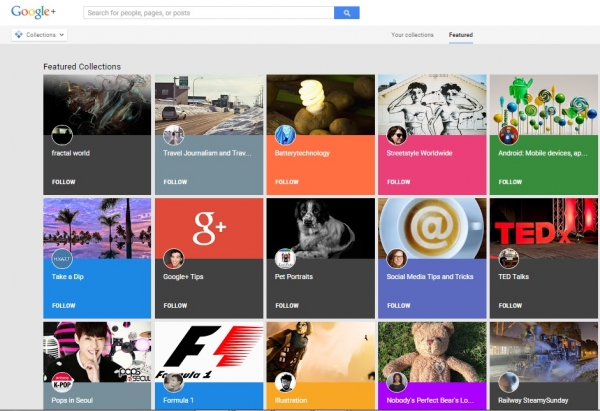
Google+ Collections
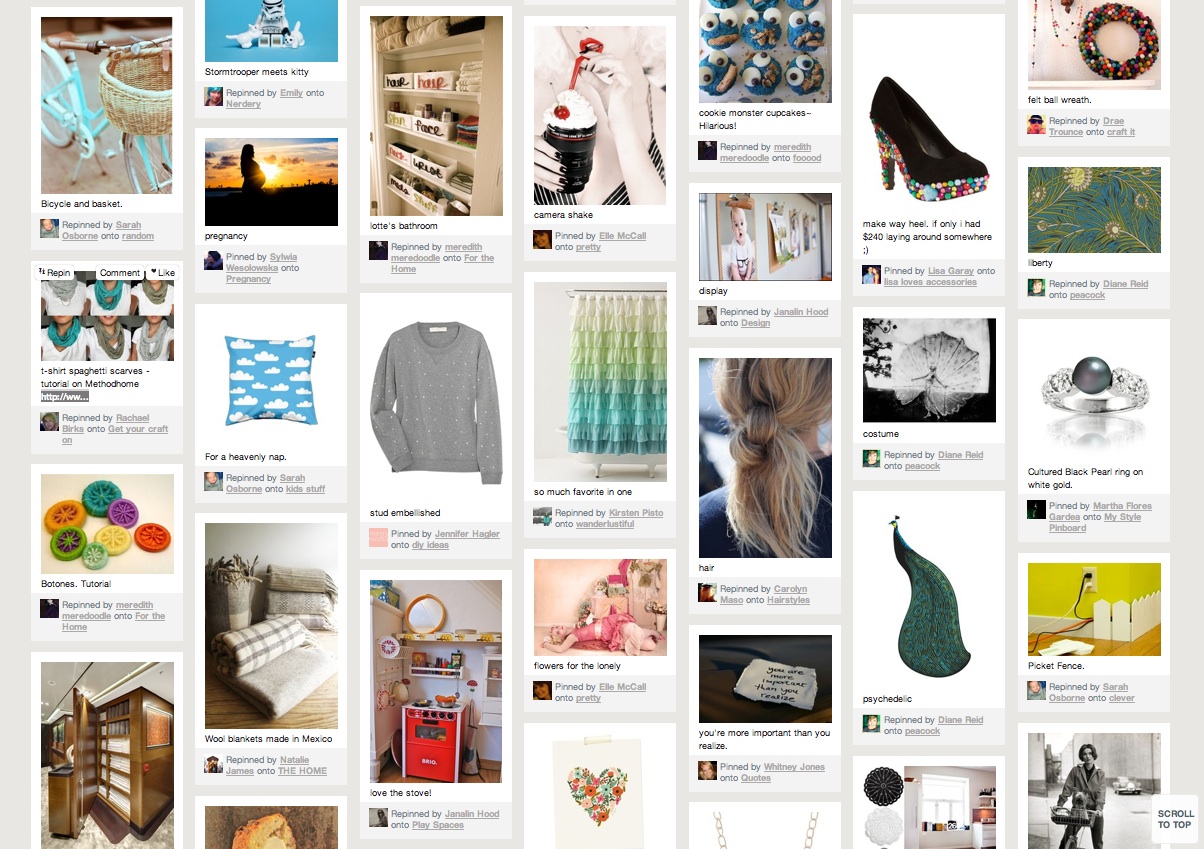
Users can follow different collections individually. So, for example, if we were to create a series of collections to gather together inbound marketing content, we could create separate collections for “SEO marketing” and “social media marketing”.
If you are more interested in social media marketing, you could choose to follow the social media marketing collection. Whenever content is added to this particular collection, you would be notified via Google+.
Marketers can organize their content in their collections in practically anyway they want.
Other examples could include a collection of tutorials or a collection of images. Google+ Collections creators will be able to see whoever is following each one of their collections.
In essence, Google+ Collections is a fantastic organizational tool. Users will no longer have to scroll through years worth of blog content to find articles on what they are looking for. Nor will they have to do numerous searches before then scrolling through who knows how many posts.
Collections make it easy for users to find content on what they are looking for. As you can imagine, the introduction of Google+ Collections could have a huge impact on company content marketing strategies.
So now that you’re familiar with how Google+ Collections works, you’re probably wondering how you can use it to improve your online marketing strategies. While Google+ Collections is still in its infant stages, it shows a lot of promise in the ability to increase exposure to your content and to improve your reach.

Say you post a piece of content on Google+. Say that post is a recipe for a healthy banana smoothie. A certain number of people are going to be interested in reading it – and a certain number of people will have no interest in it whatsoever.
It’s not difficult to understand why: some of your followers may love smoothies, some of your followers may hate bananas. However, if you create a Collection of recipes, you’ll engage more followers, because they will be able to scan a variety of different recipes and find one that they may be more inclined to try out. A Collection will have a broader subject or theme, which means that it will have a broader appeal. The fact that they can follow your collections means that you’ll have a much better chance at engaging them in the future as well.
When posting to Google+, odds are that for the most part, you’re posting new content from your blog, or links to new content from different sources.
The great thing about Google+ Collections for marketing is that you can combine new content and old content into your specific Collections, thereby increasing exposure of your old content to newer followers without having to promote your older content as individual posts, which can turn off older followers who have read that content before.
This is actually incredibly valuable because you are getting more mileage out of the content that you created in the past whereas before, traffic to those posts probably declines sharply after a week or so and never really picks back up unless it’s discovered through a specific search.
By organizing your content through Google+ Collections, you make it much easier for your Google+ followers to find content that is relevant to their needs. Instead of having to do individual searches in order to find specific types of content, they can find an entire Collection with an entire page of relevant content immediately available for their perusal.
By allowing them to follow that Collection, they can keep up with any new content that you release that is relevant to their needs, which means that they won’t miss out on a post that they may want to read just because they didn’t log onto Google+ for a few days. It makes the entire experience more user-friendly.

Google+ Collections is mobile friendly, which makes complete sense considering how Google has been emphasizing the importance of mobile optimization with their algorithm updates. Your use of Google+ Collections for marketing will make your brand’s presence more mobile-friendly, which will help improve your mobile search rankings.
Now you know what Google+ Collections for marketing is and how you can use it to improve your marketing efforts, you’ll probably want to begin using the feature. The following are the steps you need to follow in order to set up Google+ Collections for marketing.
First of all, if you don’t have a Google+ account, you’ll need to get one.
Besides Google+ Collections, Google+ in itself is a fantastic social channel that can be very beneficial for your social media marketing efforts.
Go to “Home” on Google+. There you will see the “Collections” category.
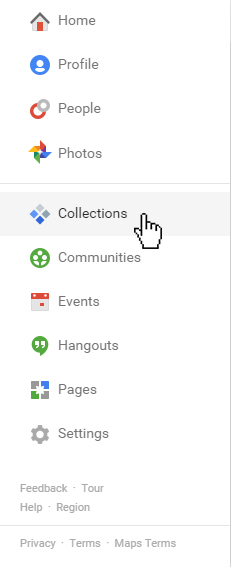
Choose it. You will now be given the option to “Create a Collection.” You can then name your Collection and choose who you want it to be visible to.
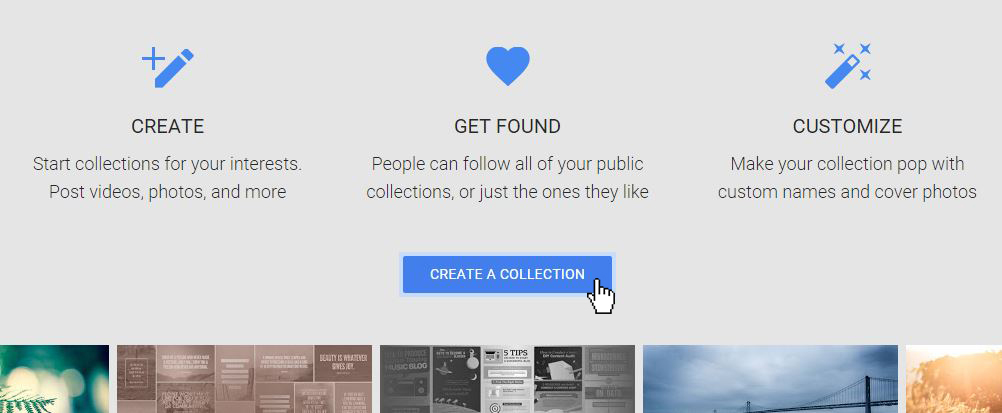
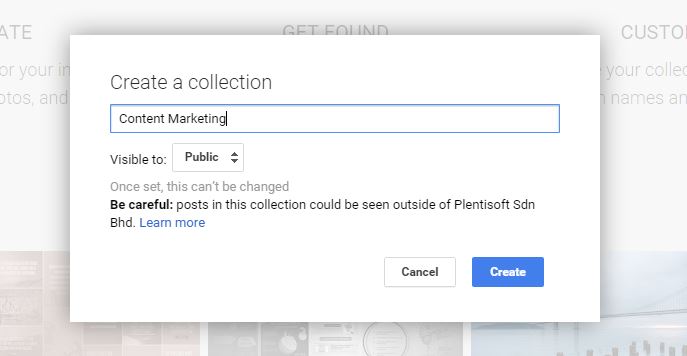
Go to your Collection and choose “Edit Collection.”
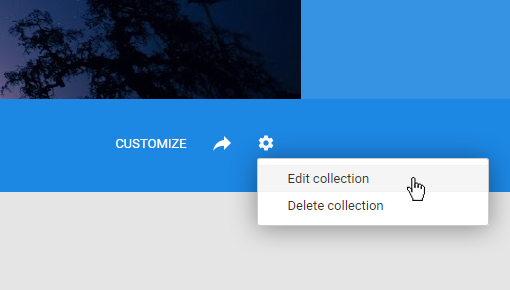
You can then add or delete content from your Collection as well as customize the look of your Collection by changing the background color or cover photo. It’s recommended that you use an image that is at least 1200 pixels wide and that has an aspect ratio of 16×9 when choosing your cover photo.
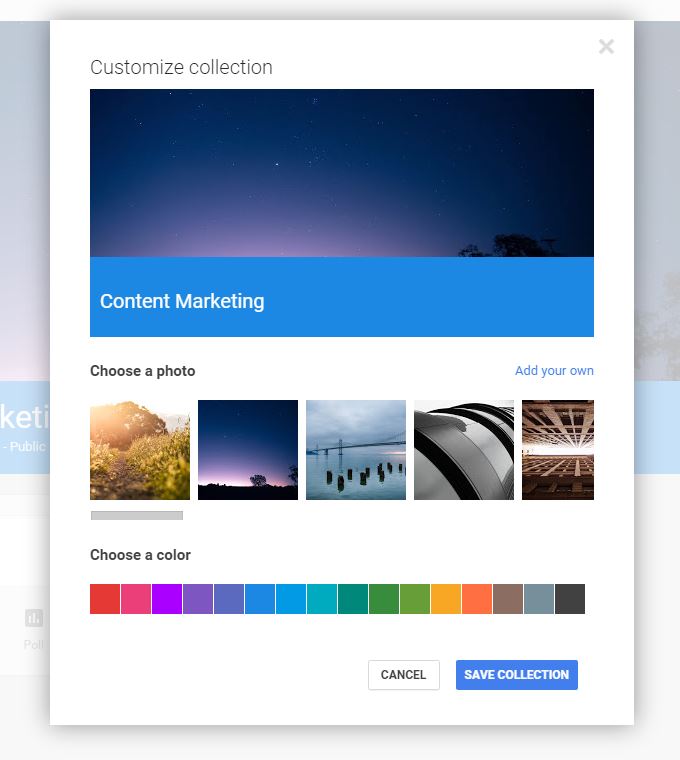
Google+ Collections is a brand new feature that marketers are already beginning to take advantage of. Companies known for their content creation, such as Buzzfeed, already have numerous Collections up. This is because smart marketers understand that Google+ Collections for marketing has the potential to be a game changing content marketing feature, one that you would be smart to jump on as soon as possible.
Related Links:
[This blog post was originally written and published by Zhi Yuan on June 15, 2015. It is most recently updated by Winnie on Jun 02, 2020]
Updated: 20 February 2026

Winnie is an aspiring copywriter & internet marketer in the vast world of digital marketing. She's as curious as she can be; constantly hunting for answers to her questions, never saying no to new experiences. When she's not spending her time typing up a storm, she is at home keeping up with her never-ending movie marathon & books.
Struggling with internal linking?
Wish you could...

Automate internal linking

Use optimized anchor text

Fix 18 issues like orphan pages

Get link reporting and analytics
Precise, Simplified, Fast Internal Linking.


Save thousands of dollars (it’s 100x cheaper)

Zero risk of Google penalty (it’s Google-approved)

Boost your rankings (proven by case studies)
Rank High With This Link Strategy
Precise, Simplified, Fast Internal Linking.


Subscribe and receive exclusive insider tips and tricks on SEO.
Delivered to you right from the industry’s best SEO team.
Copyright © 2026 SEOPressor. All Rights Reserved.
Powered by Semantics BigData Analytics (SBDA).
